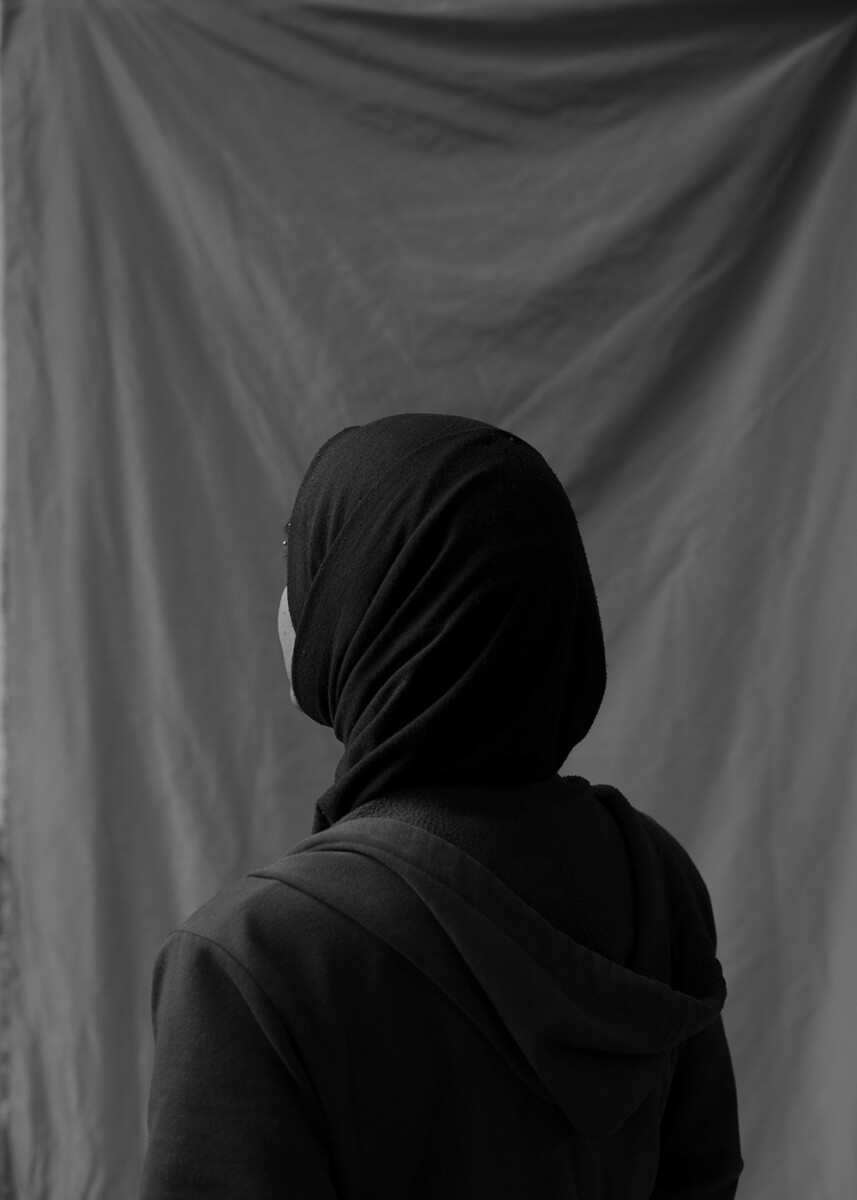My friend writes a book. It’s a utopian work of speculative fiction, clever and imaginative and hopeful—a brilliant blend of art and activism. I bring flowers to her book launch and find a seat near the back of the cozy community garden where we’re gathered. Even before the reading starts, the space is abuzz with conversations about the worlds in her book and the limitations and radical possibilities of our current world. The evening feels magical. Fairy lights twinkle and apartment buildings tower above.
As the event planners set up the stage, I turn to the person sitting next to me—one of the few people I don’t know here—and introduce myself, excited to talk to someone new during the social scarcity of the COVID-19 pandemic. This person is easy to converse with: They tell me about their recent move to the city to start an MFA program and the angry activist nonfiction they write. I am intrigued; I love angry activist nonfiction. I promise to introduce them to some of my activist-writer friends, give them suggestions of bookstores to check out and places to write. I want to know so much more about the project they’re working on, and I’ve gotten through only a tenth of my questions when they say, “What about you, Lamya? You seem like a writer. What do you write?”
I freeze.
I, too, wrote a book. A memoir: a retelling of stories from the Quran as queer, brown, immigrant narratives, interspersed with stories from my queer, brown, immigrant life—a book I hope is both art and activism. But I don’t know how to answer my new friend’s question because I wrote under a pseudonym.

I wrote anonymously for many reasons, most of which are predictable and boring. Privacy. Safety. That I’m not out to my family. That my writing—in which I talk about God as nonbinary, the queerness of Musa’s (Moses’) miracles, Maryam (the Virgin Mary) as not liking men—could be considered controversial. That I’m complicating prophetic figures who are important in a lot of religions, writing about them as flawed, as making mistakes. I’m speculating about their sexualities, not for the sake of provocation but because these prophets feel like my friends—beautiful and messy and real—and their journeys have helped me figure out how to live. That it’s scary to anger people with power; it’s scary to be Googleable. That I want to write in complicated ways about Islam and still keep going to my mosque. That I want to write in complicated ways about the Islamophobia of queer communities and still be invited to potlucks and spoken word readings.
I wrote a book so open and honest that it was only possible for me to write under a pseudonym, but what I didn’t anticipate was the grief I would feel, even though I don’t regret my decision. Grief like in this moment at the book launch, unable to speak about my book with my new friend. Grief in a broader sense, too: the limitations my anonymity places on my ability to use the book as a starting point to create intentional spaces and communities. After opening night for a play called Coming Out Muslim 10 years ago, I joined a space created by the artists for queer Muslims to connect, which led me to find the chosen family and organizing community that I still participate in and am infinitely grateful for. My book won’t be able to do that for others in the same way.
“It’s scary to anger people with power; it’s scary to be Googleable.”
And there are smaller pangs of grief, too: the loss of specificity in my book when critiquing certain spaces for homophobia or racism, which inadvertently ends up protecting these spaces; not being able to share my book with the myriad folks who helped me learn how to write at writing retreats and workshops; not being able to thank my friends by name in the acknowledgments.
But my choice to write anonymously hasn’t stopped me from experiencing the joys of my book starting to go out into the world. A few weeks ago, someone whose name sounded familiar commented on my Instagram. It turns out she had written a beautiful essay some years ago that was foundational in teaching me to use stories and vignettes to talk about bigger concepts such as racism and homophobia, an essay that I had annotated and read over and over. I sent her an advanced copy of my book in gratitude, and it felt exciting to connect virtually, despite the anonymity. Another person emailed me about doing an event about racism against South Asians in the Arab country I grew up in, and they said I can present with my camera turned off, that her organization will do whatever needs to be done to protect my privacy. It’s a reminder that I don’t owe using my real name to anyone. I don’t owe my face being on the jacket cover. I’m allowed to write on my own terms. It’s possible to stay safe while still using my book as a tool for connection and conversation.
“What I didn’t anticipate was the grief I would feel, even though I don’t regret my decision.”
At my friend’s book launch, in the moment before I respond to my neighbor’s question about my own writing, I think of that joy, that sense of connection. I think about how I can selectively choose to invite people in, that my writing anonymously is also an act—however small—of wanting to make the world a better place. My new friend is waiting for my answer. I take a deep breath.
“I do write,” I say. “We should get coffee sometime. I’d love to tell you about my work.”
Headshot of Lamya H by Lia Clay for the Queer Art Community Portrait Project
